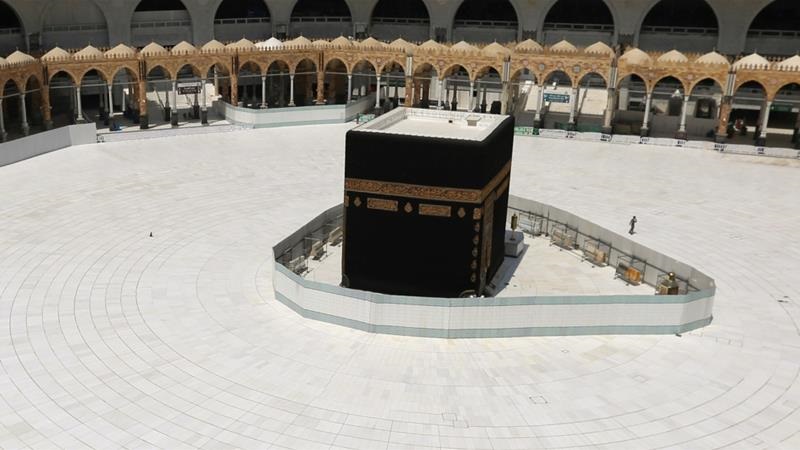Hajj 1441 will go ahead, but with fewer pilgrims and under strict health protocols. This was the much-anticipated announcement by Saudi Arabia on Monday night to allow only local pilgrims to perform hajj next month. This means that hujjaj of all nationalities currently within the borders of the Saudi Kingdom will be able to take part in the pilgrimage. International travel to Saudi Arabia has been suspended in light of global restrictions on travel during the COVID19 pandemic, which has claimed over 400 000 lives.
In a statement by the Saudi Minister of Health on Tuesday, it was said that people above the age of 65 and those with chronic diseases will not be allowed for Hajj. Authorities say strict social distancing will be applied during the duration of Hajj. The health status of pilgrims will be monitored on a daily basis. In addition, medical teams will be equipped to accompany the pilgrims during the performing of their rituals.

“We can see that COVID19 is playing a significant impact in terms of curtailing the hajj process. This means that it will not be an open hajj. This is to ensure the safety and health measures are in place,” said South African Hajj Umrah Council (SAHUC) president Shaheen Essop.
“This is a historic move in the modern period of hajj to ensure the fara-idh of hajj is not negated in any way. So as difficult as it is, we applaud the process by which the Saudis will continue the hajj.”
LISTEN:
Saudi Arabia’s decision is not as unprecedented as thought. In fact, in the 1,400-year history of the pilgrimage, there have been numerous instances where the sacred pilgrimage had to change due to armed conflicts, epidemics and political strife.
READ MORE:
BRIEF ACCOUNTS OF SUSPENSION OF HAJJ IN ISLAMIC HISTORYAround 40 times in history the Hajj was either cancelled or the…
Posted by Voice of the Cape Radio – VOC on Monday, 22 June 2020
Naeem Jeenah, the director of the Afro-Middle East Centre said the disruption to this year’s hajj will have a huge economic impact on Saudi Arabia. Religious tourism such as hajj and umrah was expected to generate $12 billion for the kingdom before the pandemic struck.
Jeenah made reference to the oil price war and Saudi’s strategy to turn around the oil market after prices plunged into negative territory in April. This is compounded by the Saudi economy’s decline in revenues and its budget deficit.
“Even after any infrastructure development, hajj is one of the most successful tourist industries. A partial suspension of the hajj is a huge blow for the Kingdom, especially when it comes with other economic problems that beset other countries,” he said.
VOC






 WhatsApp us
WhatsApp us 

